
Social Media and Science Communication
Social media and other platforms online are key sources of scientific knowledge. How can we support science communication across participatory platforms like social media?

Public Understanding, Learning, and Science Engagement
» Home

Supporting access to useful scientific knowledge
At the PULSE lab, we seek to bridge the gaps between researchers and other publics. To do this, we 1) study technology like social media and the people who use it, 2) design tools to support researchers doing public outreach, 3) and explore how different publics make sense of research knowledge.
Our projects fall under many umbrellas, but they all follow the same broad goal: promoting scientific knowledge in a way that is understandable, useful, and credible to diverse, overlapping publics.
At the PULSE lab, we seek to embody the following principles:
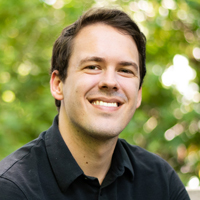
Lab director

Lead, Online Experiments
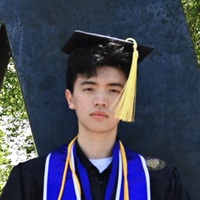
Lead, Bilibili Science Videos

Scholar, Bilibili Science Videos
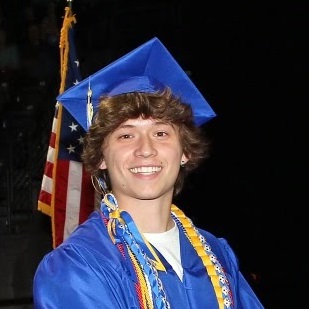
Scholar, News Simulation
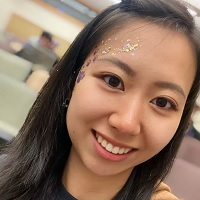
Scholar, Design Implications
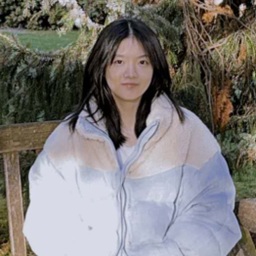
Scholar, Sleep
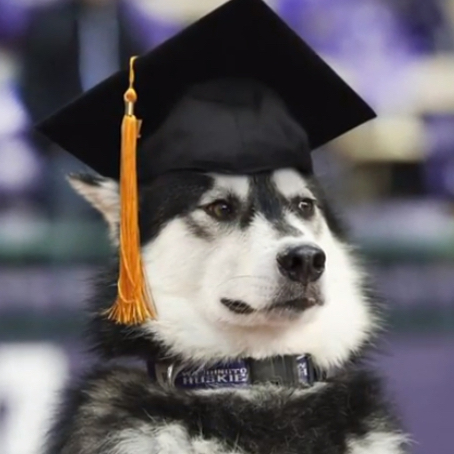
Contributor, News Selection
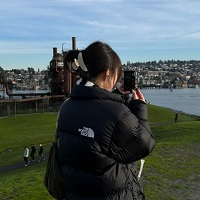
Contributor, News Selection, Bilibili Science Videos
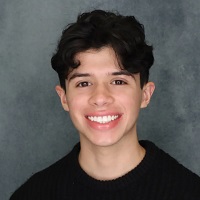
Contributor, Design Implications

Contributor, Processed Foods, Bilibili Science Videos
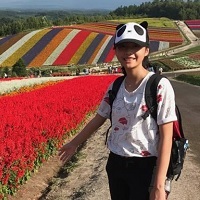
Co-pilot, Processed Foods
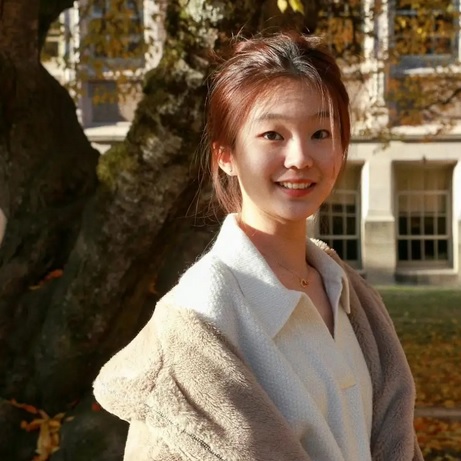
Co-pilot, Processed Foods
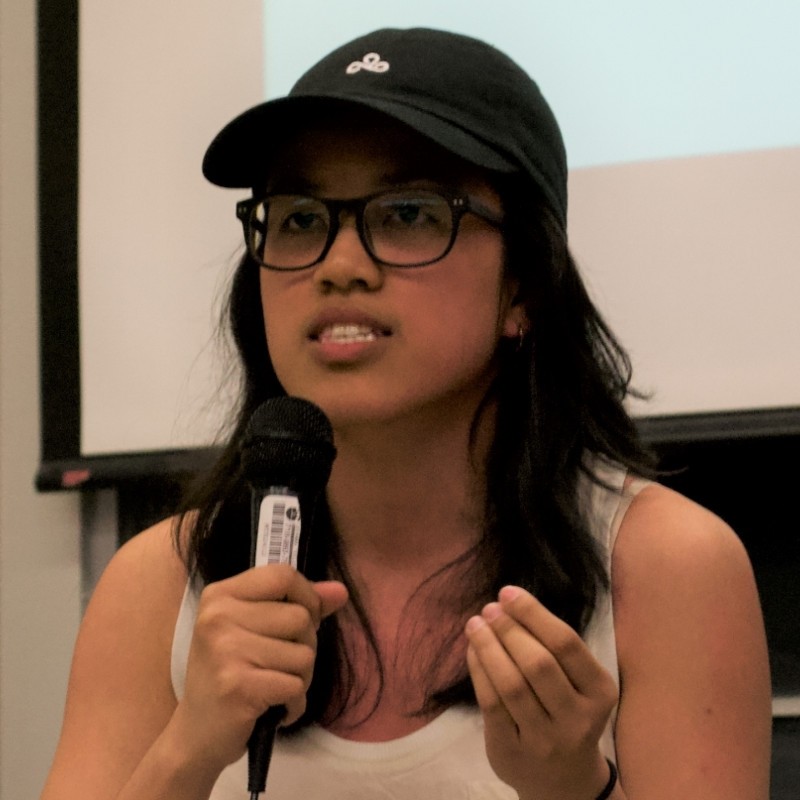
Affiliate
Check out the projects and research areas in our lab!

Social media and other platforms online are key sources of scientific knowledge. How can we support science communication across participatory platforms like social media?

What do people think when they hear the term "processed food?" Where do these mental models come from, and how can we improve nutrition through science communication?

Online experiments are the most direct engagement most people have with science. How can we make sure that engagement is a positive one?

There's a lot of research on how people decide what to read online. How can we synthesize that research, simulate social media ecosystems, and predict how people decide what to read?

HCI researchers regularly write implications for designers, practitioners, and policymakers in their papers. What are they suggesting, how do they leverage evidence, and what can we learn about how our research is being translated into action?
For undergraduate students at the University of Washington, we have four research assistant (RA) levels: co-pilot, contributor, scholar, and leader. Generally, students start out as co-pilots or contributors, but experienced students may be allowed to jump into a scholar role. If interested in working with us, you can fill out this application from to apply. Or, if interested in a research capstone, please email Spencer Williams directly at sw1918@uw.edu. Make sure to include the following information:
If you're interested in doing a PhD, you should apply directly through the iSchool website. However, you're more than welcome to reach out if you have any questions about our work, lab culture, etc.
Are you interested in trying out research, but don't have any background? Co-pilots are members of the lab that can help out whenever they want, without a minimum number of hours per week. They are generally assigned to a specific project, but are free to move between projects if they want. Co-pilots...
Contributors are lab members with a longer-term stake in the lab. They are active members of a project team, helping out with data collection, literature review, or analysis. Contributors are expected to devote more hours to the lab, in order to gain the experiences and skills that would be expected from a seasoned lab member. Contributors...
Scholars are experienced lab members who can take more responsibility over a project. This role is suitable for experienced students, who have a deep enough knowledge of the project and its requisite research skills to manage meetings and mentor newer students. Scholars...
A role for students who want to “own” a project, with work approaching the capacity of a 1st-year masters or PhD student. Generally reserved for students with over a year of research experience, who are comfortable taking initiative, mentoring junior students, and managing their team. Can also be a good fit for students doing a research capstone. Leaders...
Informatics students in the UW iSchool have the option of completing research capstones, which involve taking on a (usually) 2-quarter commitment to lead a research project (this can be an offshoot of an existing project, or something totally new!). This is another great way to get involved with the lab for graduating informatics students. Research capstone students...
PhD students generally have the highest priority for training, resources, funding, etc. I can't admit PhD students directly, but you can take a look at the iSchool's doctorate in information science for information on how to apply. I am also open to co-advising PhD students with faculty from other departments at UW. PhD students...
Empowering Creators in the Fight Against Online Hate: A Qualitative Exploration of AI-Mediated Counterspeech Tools (2025).
Phoebe Yiqing Huang, Jiaming Deng, Yingchen Yang, Spencer Williams CSCW 2025: ACM Conference on Computer Supported Cooperative Work
Paper |
Blog
Meta-summaries Effective for Improving Awareness and Understanding of COVID-19 Vaccine Safety
Research (2022). Spencer Williams, Joy Lee, Brett Halperin, Joshua M. Liao, Gary Hsieh, Katharina Reinecke. Scientific Reports
Paper |
Blog
An HCI Research Agenda for Online Science Communication (2022). Spencer Williams, Ridley Jones, Katharina Reinecke,
Gary Hsieh. CSCW 2022: ACM Conference on Computer Supported Cooperative Work
Paper |
Blog
The Effects of User Comments on Science News Engagement (2021). Spencer Williams, Gary Hsieh. CSCW 2021:
ACM Conference on Computer Supported Cooperative Work
Paper |
Blog